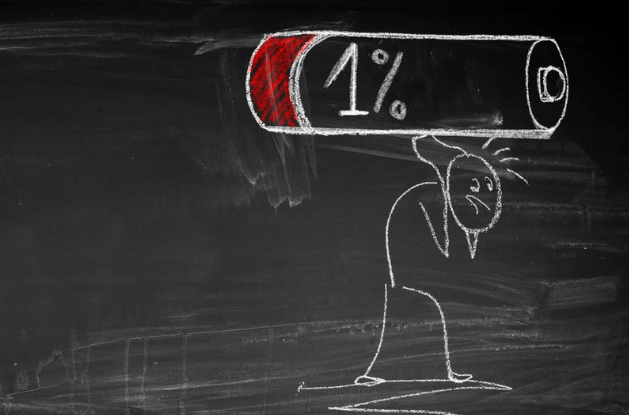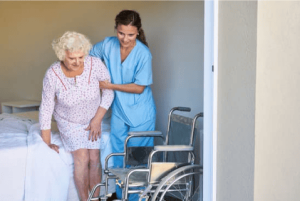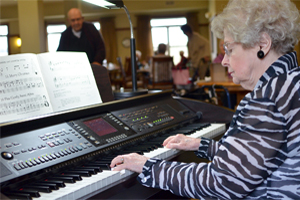Caring for an elderly loved one can be meaningful – but it also comes with significant challenges. Caregiver burnout is a state of physical, emotional, and mental exhaustion that affects those who provide care to chronically ill, disabled, or aging family members. This condition often stems from prolonged stress, a lack of support, and the ongoing demands of caregiving – such as managing medical needs, assisting with daily tasks, and offering emotional assurance.
Burnout is especially concerning for senior caregivers, who may already be navigating age-related changes or managing their own health issues.
Signs of Caregiver Burnout
- Constant fatigue, even after resting
- Changes in sleep patterns or appetite
- Withdrawing from social activities or hobbies
- Feeling overwhelmed, anxious, or depressed
- Getting sick more often due to stress
- Feeling resentful or hopeless
Why Senior Caregivers Are Especially at Risk
Seniors caring for loved ones often face unique challenges. Many are providing daily support to a spouse with dementia, Parkinson’s disease, or another chronic condition. Others may be assisting an adult child with disabilities or managing the long-term care of a sibling.
Physical tasks – like lifting, bathing, cooking, or cleaning – can become more taxing with age. The emotional toll is also significant, especially when there’s little help from family, few community resources, or financial strain.
How Seniors Can Find Support – And How We Can Help
The good news is that no one has to do it alone. Whether you’re a senior caregiver or someone who wants to help, here are a few ways to ease the burden:
1. Use Respite Care Services
Short-term care options – like in-home aides, adult day programs, or brief stays in a care facility – offer essential breaks. Many communities provide affordable or subsidized respite care designed specifically for older adults.
2. Talk to Someone
Open, honest conversations with family, friends, or a therapist can be invaluable. Local support groups (in person or online), senior centers, and mental health professionals can provide a safe space to share and be heard.
3. Take Care of Your Own Health
It is important for seniors to prioritize self-care, which includes asking for support, setting boundaries, and taking breaks to prevent further exhaustion. Make sure to attend doctor appointments, take your medications, eat properly, and get enough sleep. You can’t properly care for someone else when your own health is declining.
4. Stay Connected
Isolation makes burnout worse. Even small connections – a phone call, a short visit, or attending a local event – can help caregivers feel supported.
5. Know Your Limits
Recognizing when you’re overwhelmed is crucial. Being realistic about what you can and cannot do helps prevent further strain. It’s okay to say no to additional responsibilities, especially when your well-being is on the line.
Conclusion
By recognizing the signs of caregiver burnout and actively providing support, we can help ensure that caregivers are healthy, enabling them to continue providing effective care for senior loved ones.






